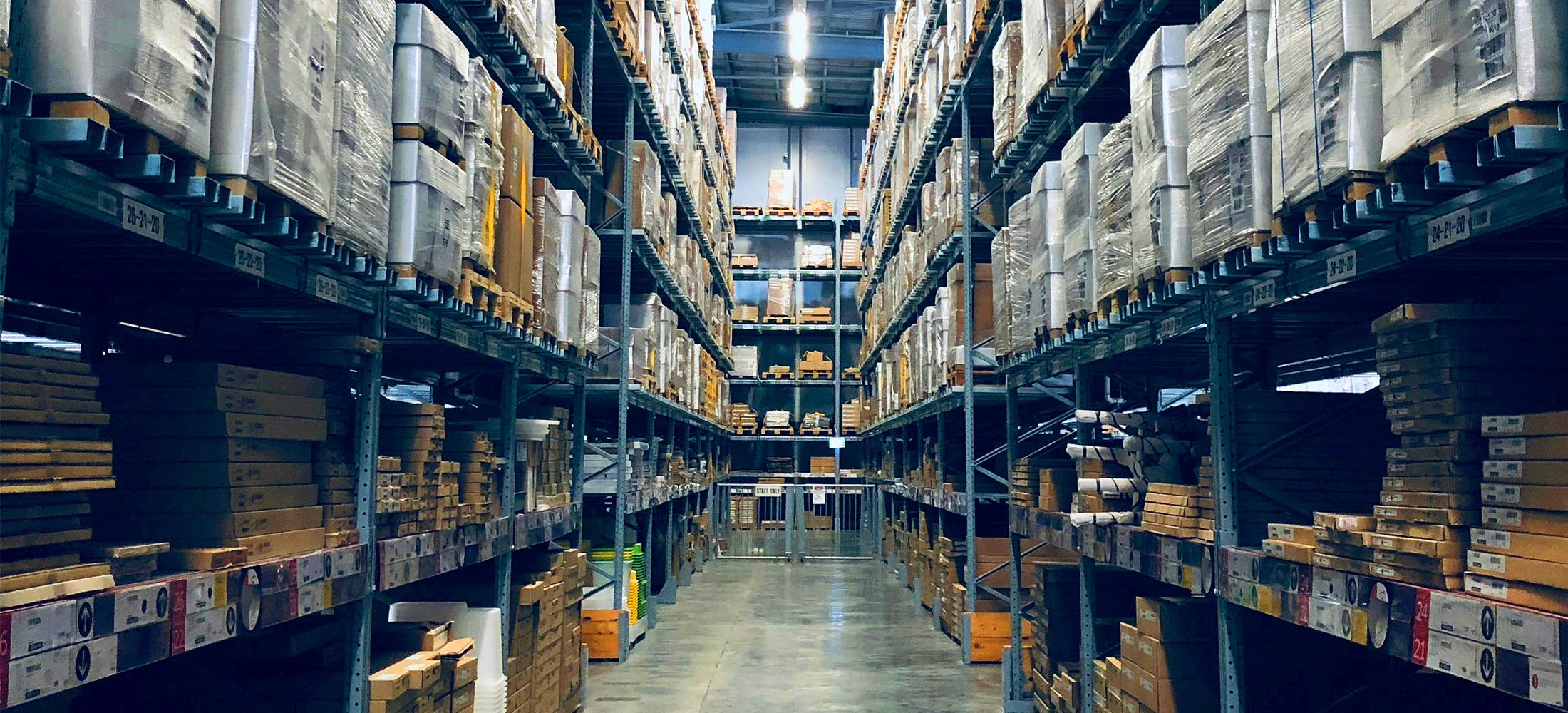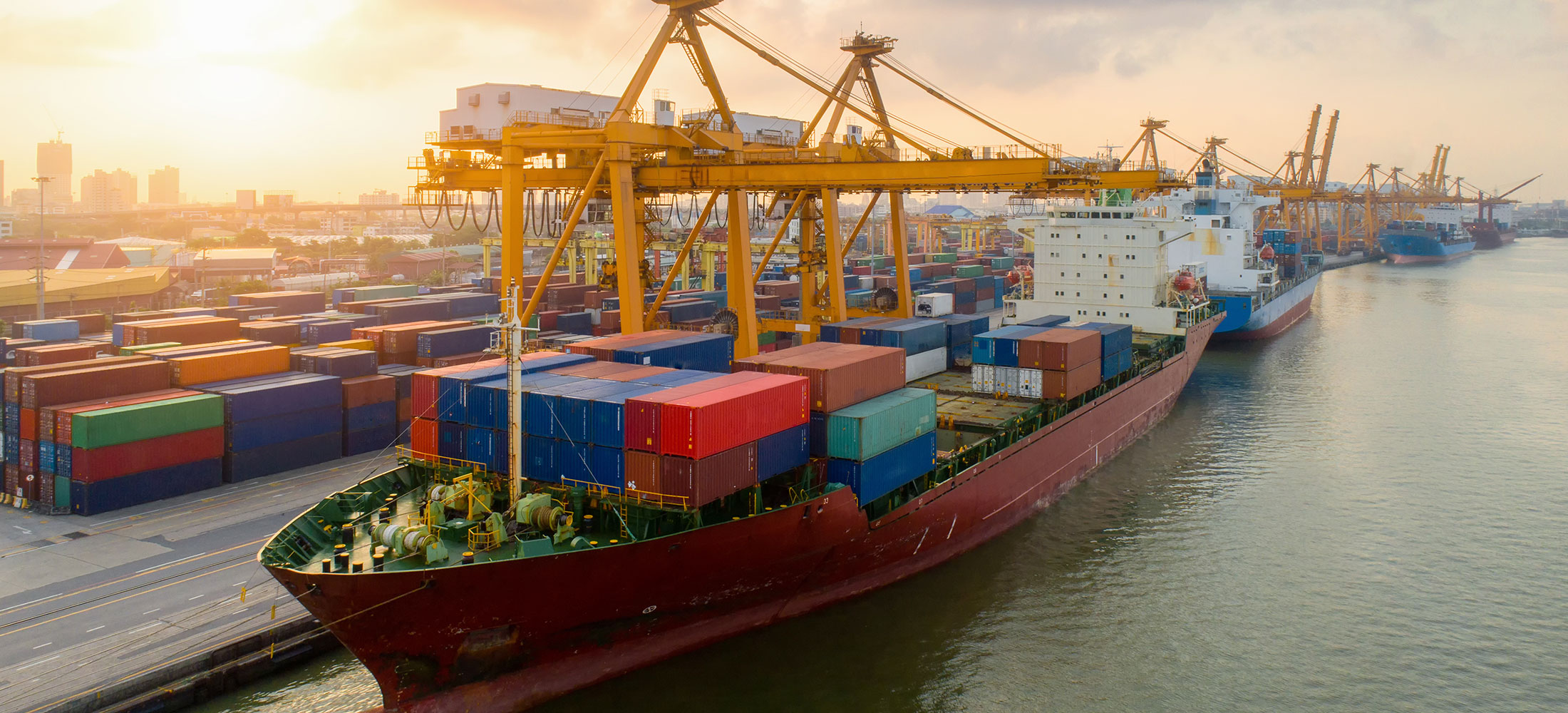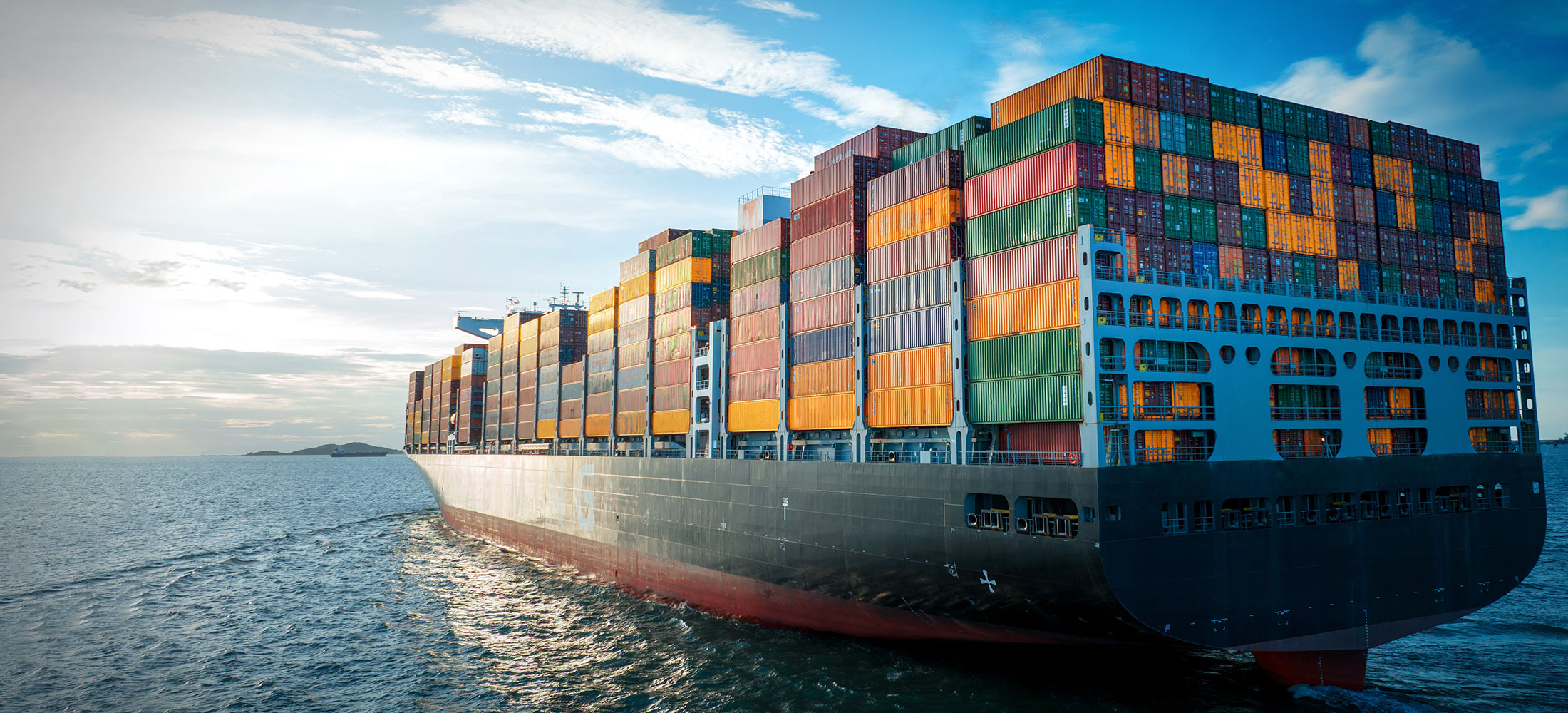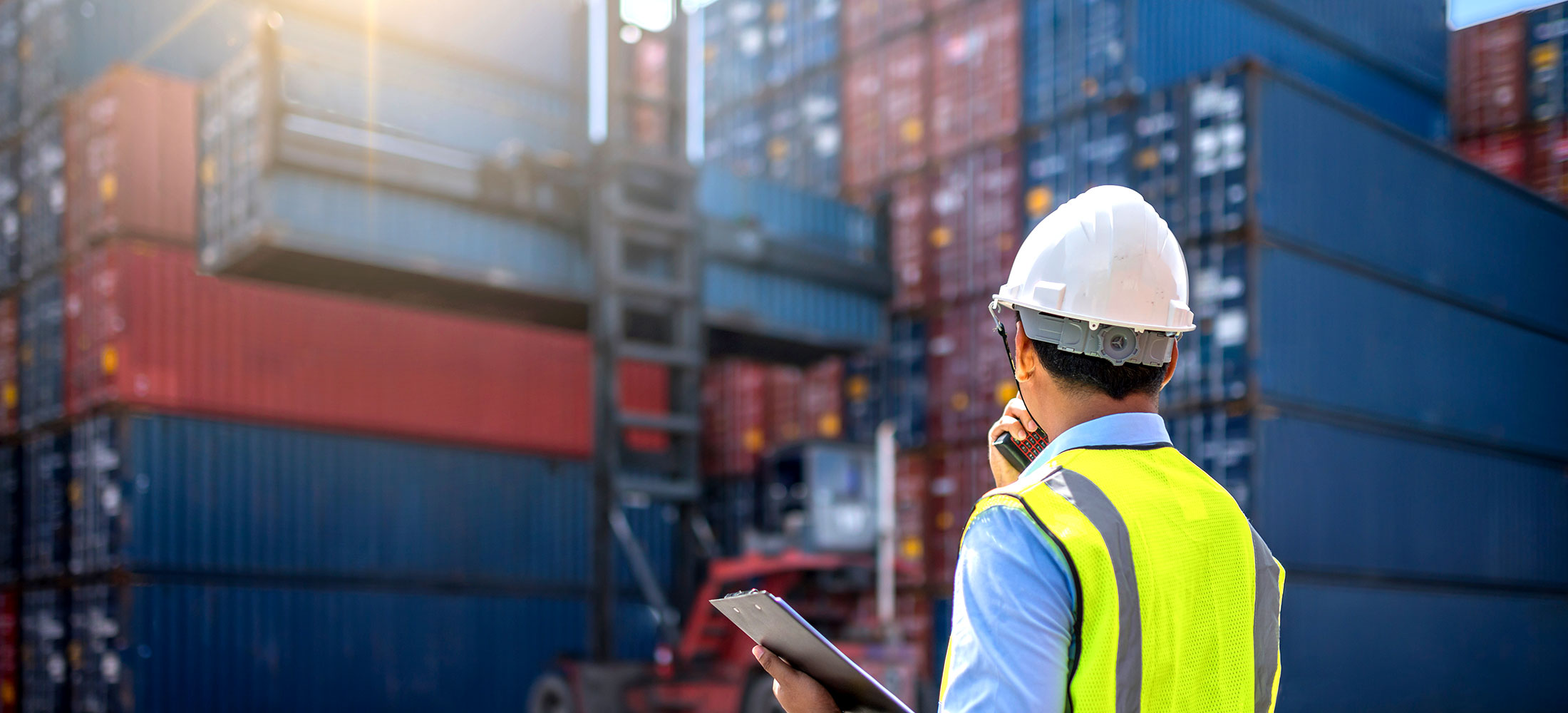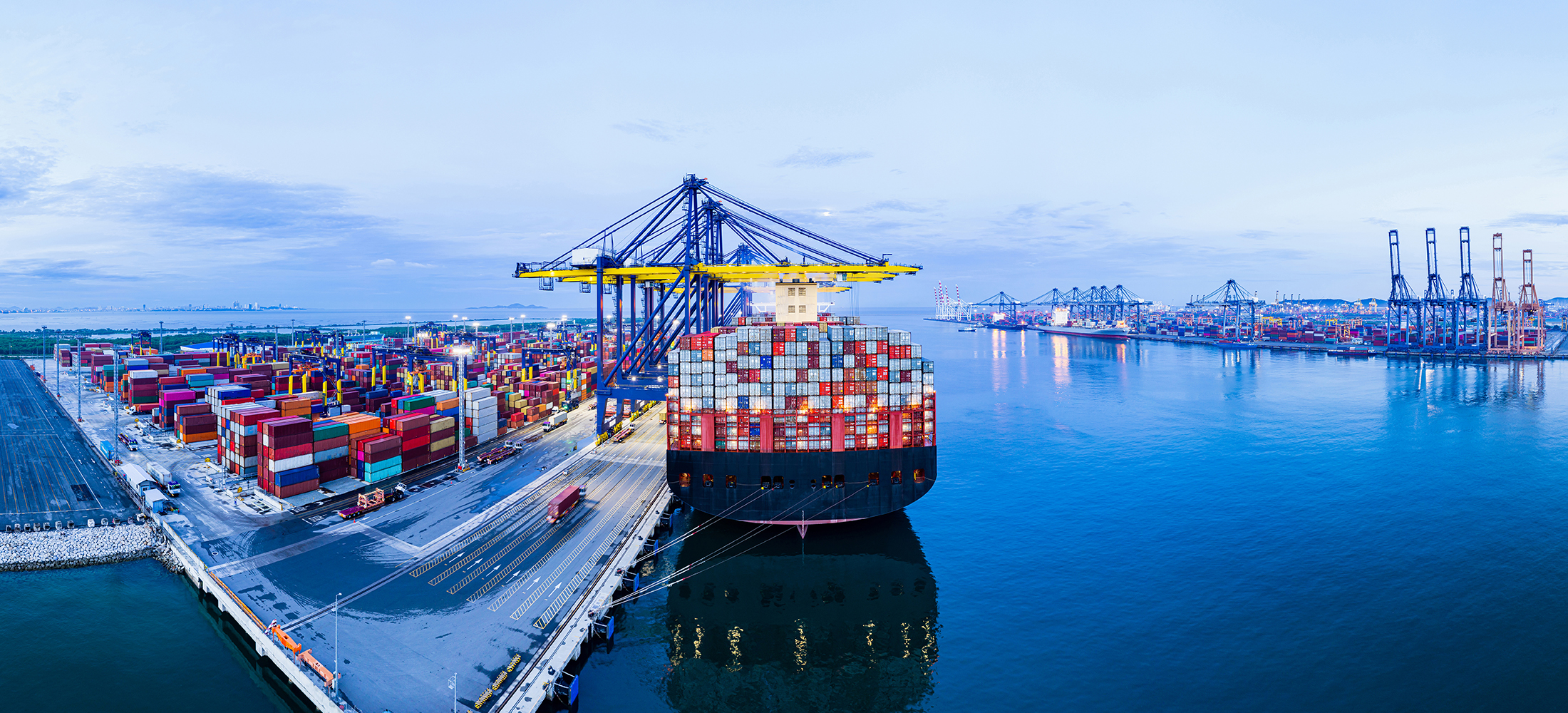Cybersecurity in Shipping: Protecting Maritime Operations
The shipping industry, a critical component of global trade, is increasingly reliant on digital technologies for navigation, communication, and operational efficiency. However, this digital transformation has also exposed the industry to significant cybersecurity risks. Ensuring the protection of maritime operations from cyber threats is paramount to maintaining the safety, security, and efficiency of global shipping. … Read more


